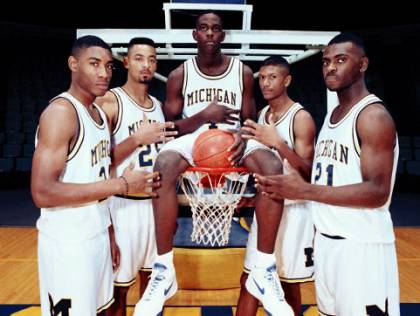Category: Athlete Career Development
-
Introducing The KR Group Monthly Broadcast for Professional Athletes with Access Athletes
by Matthew Allinson 06-01-2011 01:04 AM Finance | Monthly Podcast | Athlete Career Development | Coaching | Education | Human Relations | Sports Psychology
-
Athlete Education on the Rise: Get into the Game
by Dr. Timothy Thompson 05-19-2011 11:59 PM Finance | Athlete Career Development | Education | Human Relations
-
Athletes: Everything You Say Matters
by Joe Jackman 05-18-2011 11:58 PM Life After Sports | Athlete Career Development | Image Branding | Marketing
-
Owning Your Failure: How Former Star Athlete Tony Mandarich Conquered Failure
by Cory Dobbs, Ed.D. 05-16-2011 11:56 PM Athlete Career Development | Coaching | Human Relations | Motivation
-
Insightful Player: Inspired Dad Pioneers a Worldwide Campaign
by Chrissy Carew 05-07-2011 12:12 AM Athlete Career Development | Coaching | Education | Human Relations | Insightful Player
-
Athlete Chat: Garrison Sanborn
by Anna Stefano 04-22-2011 10:56 PM Athlete Interviews | Athlete Career Development
-
Athletes, the Time to Understand Superbugs is Now!
by Matthew Allinson 04-20-2011 02:04 AM Athlete Career Development | Education | Injury & Rehabilitation | Motivation
-
What Do I Want Beyond My Athletic Career?
by Michael Cooper 04-19-2011 06:09 PM Athlete Career Development | Coaching | Human Relations | Motivation
-
The Miami Heat: Playing with Heart or Ego—which should be used when looking for a job or internship?
by Eileen Wisnewski 04-18-2011 12:29 AM Life After Sports | Athlete Career Development
-
Fab Five Documentary Brings Up Questions Regarding NCAA "Preexisting Relationship" Exception
by Justin Sievert 03-19-2011 03:31 PM Amateurism | Athlete Career Development | Education | Legal

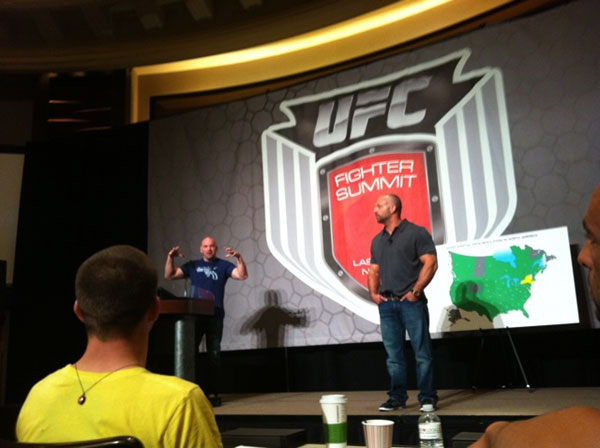
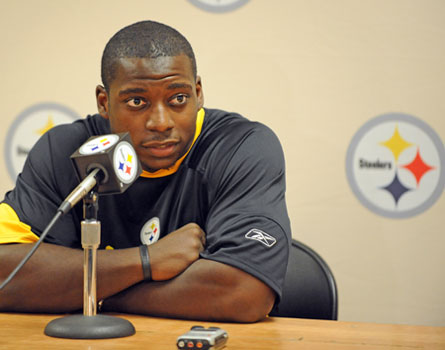
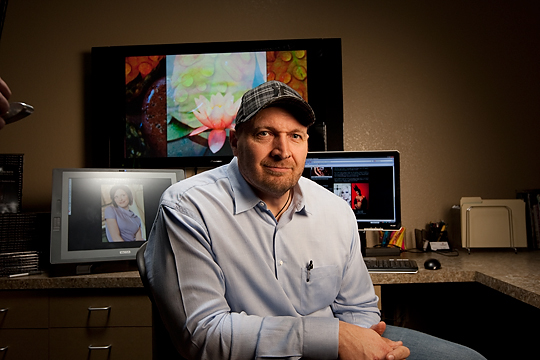
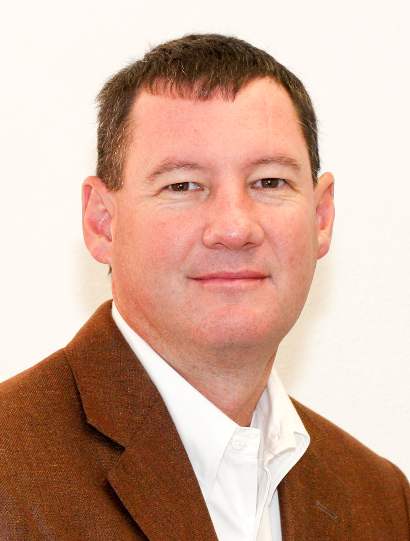
.jpg)


